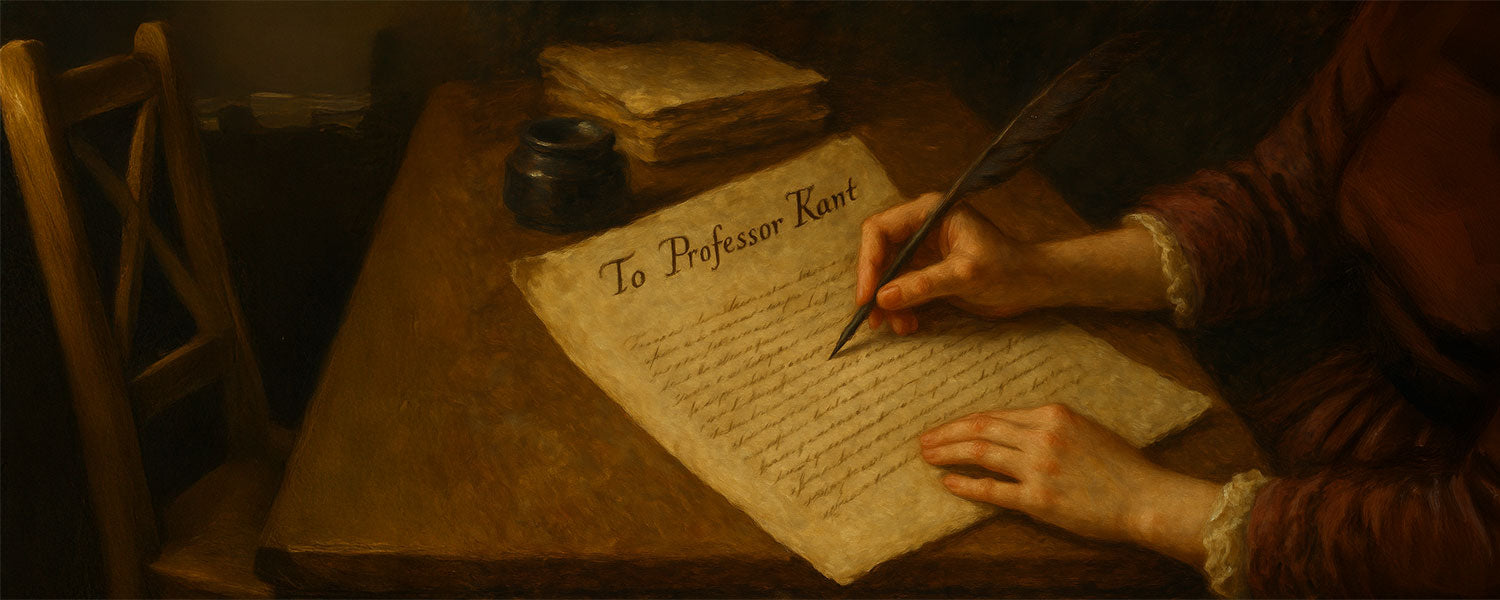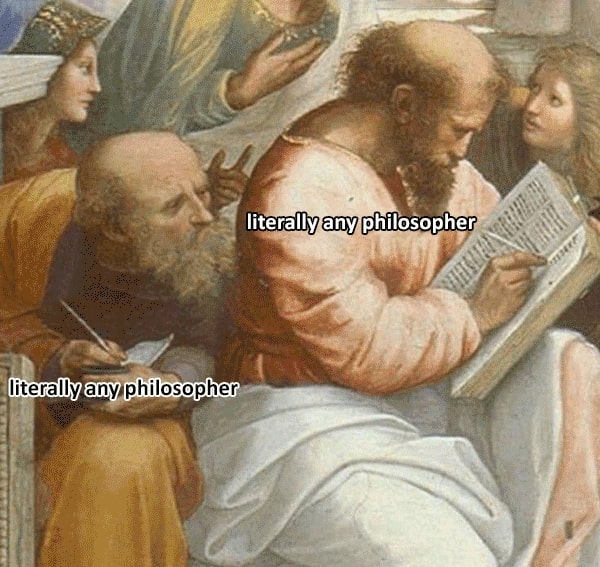Philosophical Dictionary
-

We Are the Meme: How Ethics Take Us Beyond Naughty and Nice
By Caroline Black
We discuss ethics and the importance of questioning what we are told is right and wrong. -

Nichomachean Ethics: Virtue for a Rule-Loving Society
By Caroline Black
We share the difference between modern ethical theories and the virtue ethics system posed by the Ancient Greek philosopher Aristotle, explaining how virtue ethics offers us more than explanations of what is good or bad. -

From the Academy to the Street: Where Can We Find Philosophy?
By Caroline Black
In this article, we will discuss the definition of philosophy, its professional practice, and whether we can find philosophy outside of our favorite big names and modern academia. -

Where Are the Women?: Maria von Herbert
By Caroline Black
Discover Maria von Herbert, the forgotten female philosopher who challenged Kant's categorical imperative through personal letters. Her profound critique exposed how rigid moral systems fail to address human suffering and emotional complexity, offering valuable insights on ethics while highlighting women's overlooked contributions to philosophy. -

The Endless Cycle of Philosophical Inquiry: Repetition, Evolution, and Dialog Across Time
By Markus Uehleke
The meme humorously captures a core truth about philosophy: the ongoing, cyclical nature of philosophical inquiry. From Plato’s idealism to Kant’s critical philosophy, each generation reinterprets timeless questions in new contexts. This continuous dialogue reflects philosophy's dynamic growth, as thinkers build on the past, challenging and refining it, enriching our understanding of the world and ourselves. -

Kant's Thing-in-Itself: The Reality Behind the Curtain
By Markus Uehleke
Kant proposed that our perception of the world is shaped by our senses and mental faculties, filtering reality into a comprehensible form. The "Thing-in-Itself," however, represents the elusive reality that lies beyond our perceptual limitations. By grasping this concept, you can challenge the boundaries of your own understanding and explore what lies beneath the surface of appearances.

















